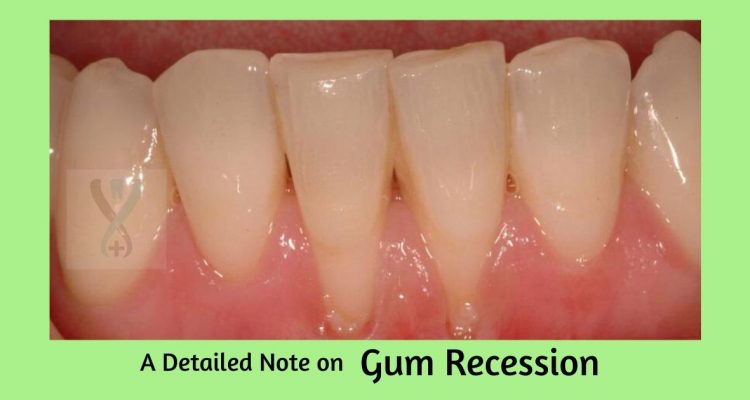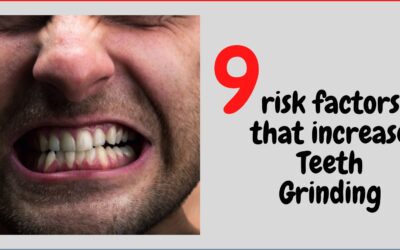Gum recession is a chronic process in which the gum tissue that surrounds your teeth gets worn out or pulls back to leave an abnormal amount of your teeth exposed. Gum recession is a common dental problem. Most people with receding gum lines do not realize that they have gum recession during the early stages since it is a gradual process. Tooth sensitivity is one of the first and foremost signs of gum recession. Another apparent sign is that your tooth will appear longer than normal. Gum recession is a serious issue and it needs to be addressed immediately before it can lead to further problems.
What causes gum recession?
There are various reasons as to why your gums are receding. Some of them are listed below.
- Periodontal disease: Periodontal disease or gum disease is one of the leading causes of gum recession. Improper oral hygiene can lead to the accumulation of food particles and plaque in the space in between our teeth and gums. This can cause bacteria build-up and can lead to an infection. If left untreated, the surrounding supporting gum tissue starts to pull away from the teeth. Despite receding gums, if left untreated it can eventually lead to tooth loss.
- Genetic factor: Some people are more prone to get gum diseases regardless of their dental hygiene routine. Studies have shown that 30% of the population is susceptible to get gum diseases despite their good oral hygiene.
- Over-brushing: If you brush your teeth with too much pressure or if you brush your teeth too many times a day, it can cause your enamel to wear off and your gums can recede.
- Hormonal factors: Women under hormonal fluctuations especially during puberty, pregnancy or menopause can make the gums sensitive and more vulnerable to gum disease and gum recession.
- Tobacco usage: The use of Tobacco and tobacco products can lead to the accumulation of sticky plaque over our teeth. If not cleaned regularly by a dentist in can lead to gum disease and gum recession.
- Bruxism: Grinding or clenching your teeth can exert too much force and pressure over your teeth which can cause gum recession.
How is the gum recession treated?
Mild gum recession can be treated with deep cleaning procedures in which your dentist will use specialized instruments to remove the plaque and bacteria accumulated within the gum layer. Antibiotics may also be given to get rid of any remaining infection. For severe gum recession surgical intervention is the only treatment option.
The two surgical options include traditional gum surgery and laser gum surgery.
Traditional Gum surgery:
In this method, the dentist will cut and fold back the affected gum tissue to remove the bacterial accumulation and then sutures the gum tissue securely back into place. This procedure is also known as open flap surgery.
Laser gum surgery:
This is a non-invasive method that involves using lasers to disinfect the affected gum tissue. With the lasers stimulating the gum tissue, it also promotes post-procedure gum tissue regeneration.




